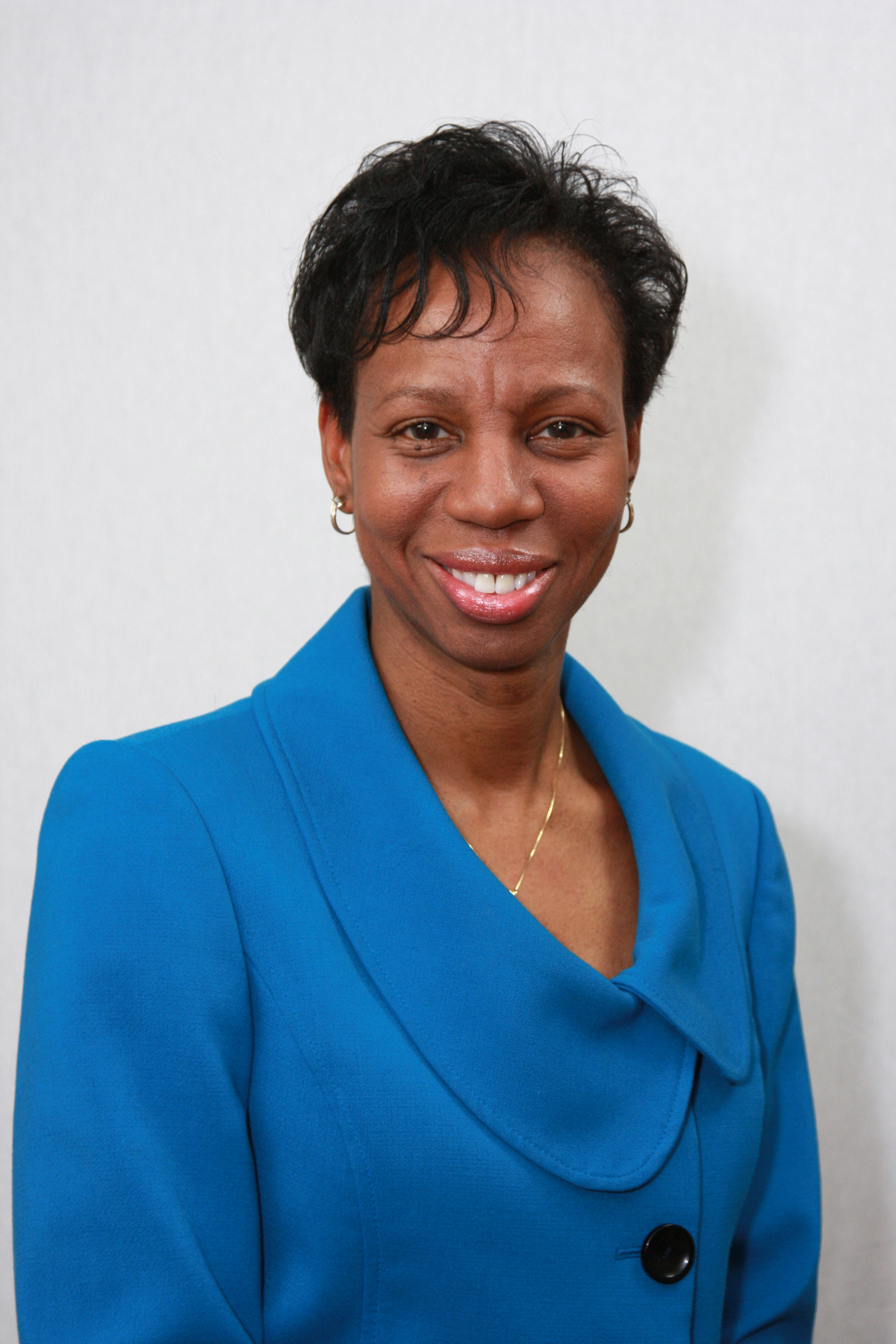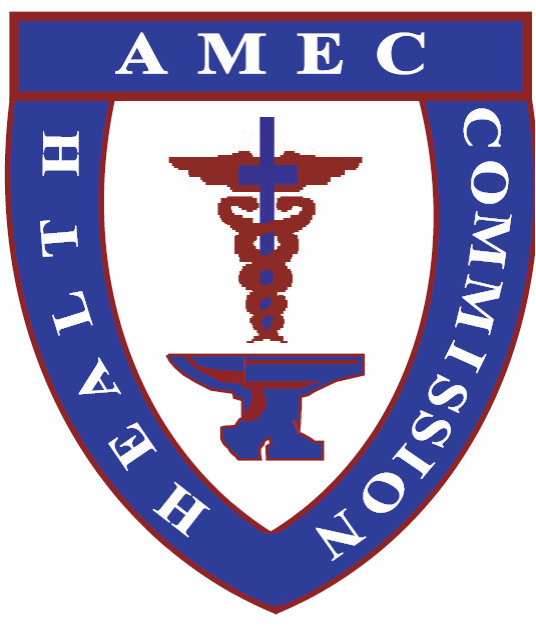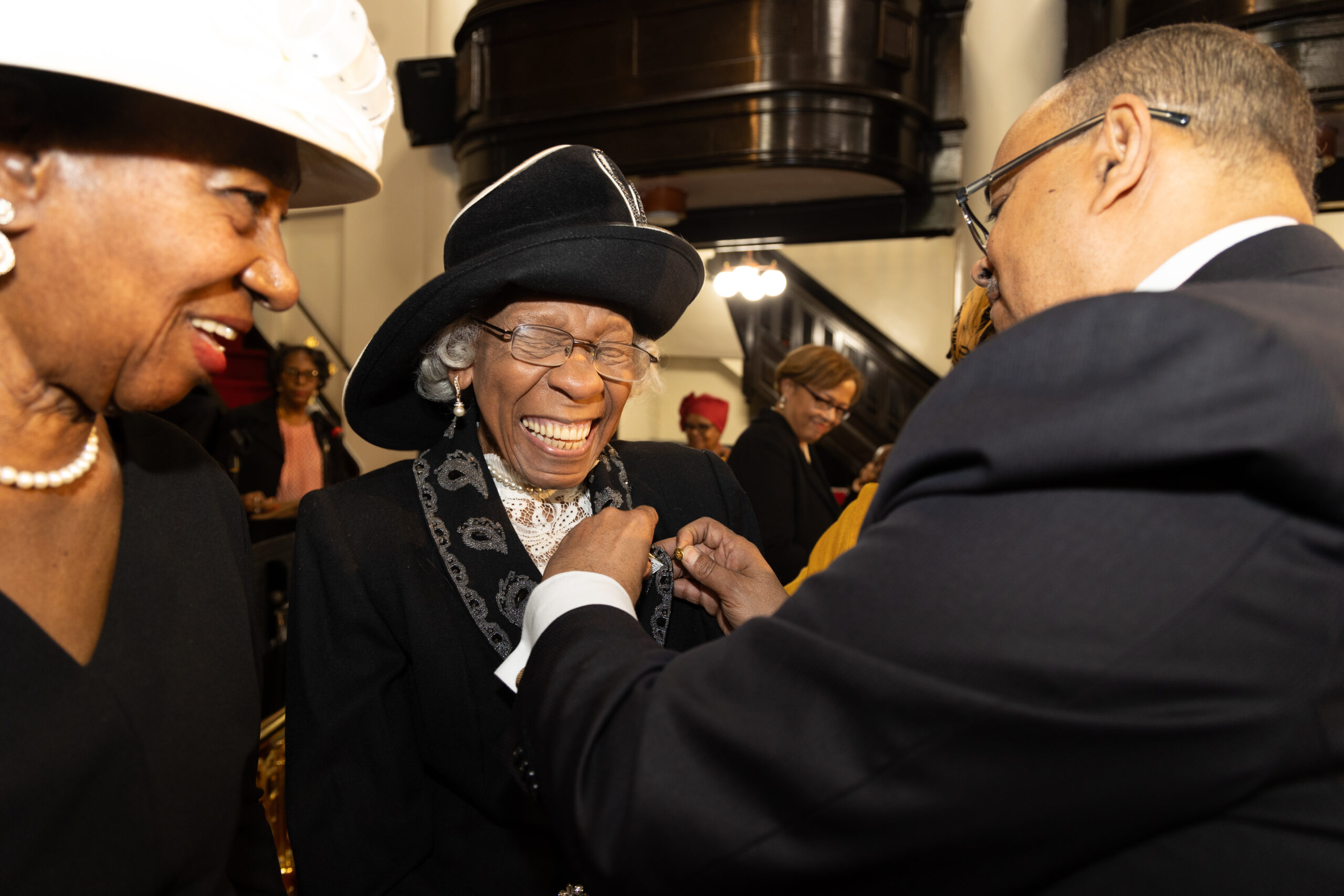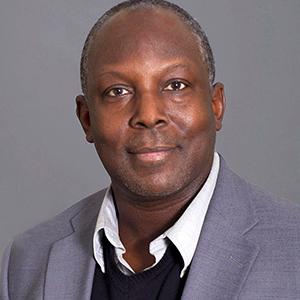By Cynthia Gordon-Floyd, C.P.A., C.F.E., Contributing Writer
There are many things we can learn from the changes we’ve had to make as a result of the COVID-19
pandemic. The safeguarding of church assets and records may be among the most critical.
Custody of Cash
While many churches began online services during the pandemic, and carried out ministry remotely, there are some things that should not be handled remotely or on an individual basis. A church should never allow an individual to have sole responsibility for the financial management for the church; including collecting, counting, recording, depositing funds, or recording electronic donations received by the church. Even if there are only a few members, these responsibilities should not exclusively reside with one person. For volunteers who find themselves isolated in this position, they should insist that at least a second person is assigned to these important tasks. This ensures proper stewardship, accountability, and acts as a safeguard against intentional or unintentional mishandling. These measures not only protect the church, but they protect the volunteer as well.
Additionally, it is important to note that the second person should not be a family member of the first volunteer. The church cannot afford to become lax on the proper handling and maintaining of cash assets, even in a situation where volunteer efforts are slim.
Custody of the Church Records
In my profession, it has been remarkable to witness how many churches allow their financial records to reside at someone’s home. I have needed to assist many churches in recovering their financial records after someone has become disgruntled and refused to give the church the records that were in their personal possession. I also knew of a volunteer who managed all the financial affairs of their church, (including maintaining the church’s records and checkbook) at their home. When the volunteer passed unexpectedly, the family refused to give the church the records that this volunteer maintained. The church had to open new accounts and start all over again. Their saving grace was that another church member was a signer on the existing account or they would have lost their money too!
While it may be convenient to operate as much as possible from home, all church records (invoices, bills, bank statements, vouchers, deposits, etc.) should be returned permanently to the church office. Ideally, it would be wise to setup electronic storage and file maintenance, but let’s start with the paper files and move to electronic files after all of these are sufficiently managed, maintained, and organized.
Cynthia Gordon-Floyd is a certified public accountant and a certified fraud examiner. She is the founder of
Willing Steward Ministries, LLC. Willing Steward Ministries (www.willingsteward.com) is a financial
consulting and accounting firm for churches and other faith-based non-profits, specializing in Bible-focused financial practices, pastoral compensation issues, IRS compliance, and other financial needs specific to churches. Cynthia is a graduate of Lake Forest College and holds her MBA in Accounting from DePaul University. She is a Steward and the Financial Secretary at the First AME Church of Manassas in Manassas,
Virginia.





